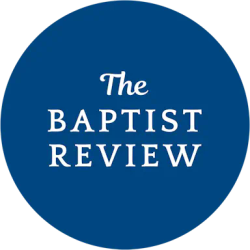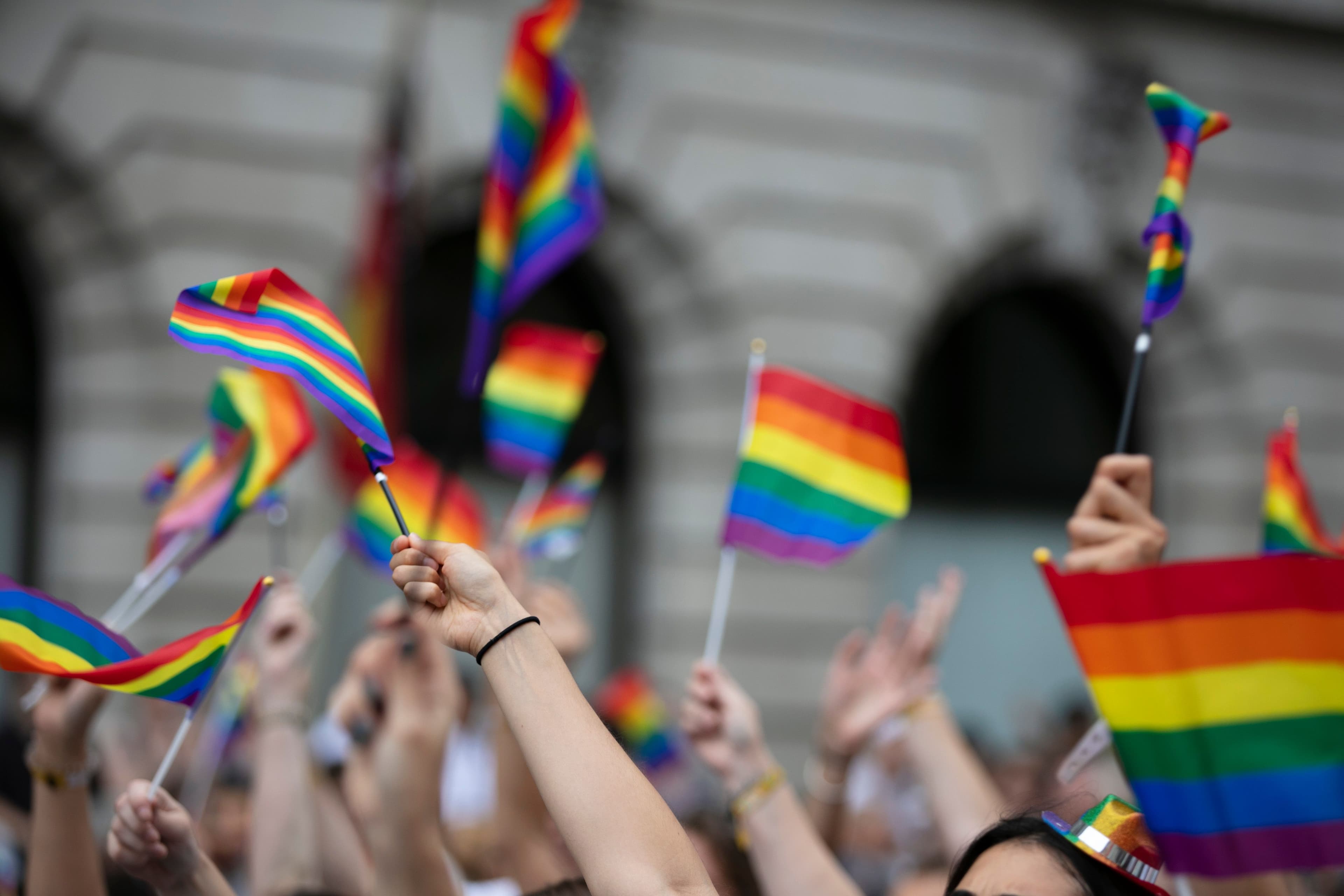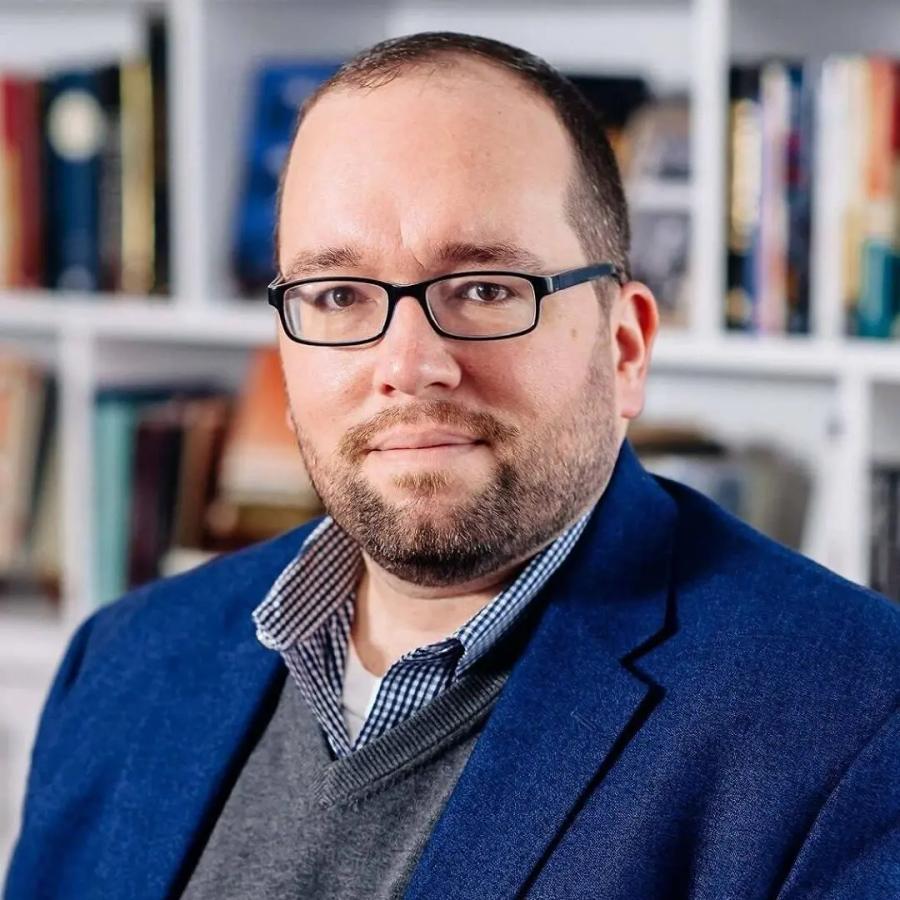In 2007, a presidential candidate declared his position against gay marriage and, in a campaign memoir, doubled down, pointing to this Christian faith as the reason he believed marriage to be “between a man and a woman.”
This candidate wasn’t a conservative running for the Republican nomination for president, trying to curry favor with evangelicals in Iowa. This was the leading nominee for the Democratic party nomination for president, Barack Obama. As president, Obama continued this position until he ran for re-election in 2012. Three years later, the Supreme Court legalized same-sex marriage.
In the nearly two decades since that presidential contest and nearly a decade since the attempted redefinition of the family, the promises that were made to opponents have gone largely unfulfilled. If you remember, LGBT advocates mocked their adversaries with statements like, “If you don’t want a gay marriage, don’t get one” and promises that “gay marriages won’t affect your straight marriage.”
Yet today, this is manifestly untrue. Consider, we just emerged from another Pride month, in which the celebration of LGBT is pushed by almost every major institution. Due to growing pushback, this year’s monthlong homage seemed less brazen as corporations recognized the absurdity of their capitulation to a tiny percentage of the population. Still, there are stories of rigid enforcement, such as kids arrested in Spokane for the audacity of riding scooters over a section of the city painted with pride symbols. When the Texas Rangers became the only team not to sacralize gay pride with a special night, there was a flood of condemnatory columns and news articles calling out their supposed bigotry. And city-sanctioned pride parades, often labeled as “family friendly,” feature a level of open sexual perversity rivaling the sensuality the New Testament decried in the Roman empire.
And in the years since Obergefell, the LGBT movement has steadily transformed from pushing acceptance to demanding affirmation, including suing nuns, harassing private business owners into solemnizing their life choices, and preying on the nation’s children with not-so-subtle attempts at indoctrination.
In the last few years, it has been the T of LGBT that has moved even faster than the successful attempt to legalize gay marriage. Today, what is called “gender-affirming” care is a euphemism for life-altering surgery on minors, enveloping gullible parents and impressionable young children. Recently, The New York Times reported that the Biden administration sought to remove age limits for such procedures. The conservatives who were widely mocked for their slippery slope arguments two decades ago deserve apologies.
It turns out that what a society thinks about the structure of marriage and family matters more than mere libertarian arguments about personal freedom. The LGBT movement continues its inevitable collision with religious freedom. Family breakdown is at an all-time high as fewer Americans are getting married and more children are growing up without a mother or father in the home, the results of which often have devastating cultural ramifications.
Yet, despite the unfortunate cultural and legal shifts, Christians should not despair. For one thing, what we believe about marriage and family is timeless and true, embedded in God’s created order as good for human flourishing. We should neither wring our hands in despair nor capitulate to the shifting norms, because truth will always prevail. Instead, we should joyfully hold fast to what is good and respond with grace toward those who oppose.
Second, we can take heart in seeing many across society start to question the claims of the sexual revolution. The revelations of the #MeToo movement have laid waste to the myth that consent is a sufficient sexual ethic. Many who once opposed Christians are now considering Christianity, not in spite of, but because of its vision of human dignity and covenant marriage. That’s not to say we are not still in a sensual culture, but it’s possible to see how natural law—the way God has written his truth on human hearts—is causing many to question cultural shibboleths.
Third, the last decade has also witnessed victory after victory for religious liberty in the courts, thanks not only to the tireless work of groups like Alliance Defending Freedom, First Liberty, and others, but also to a more originalist Supreme Court, thanks to nominations from Presidents Bush and Trump. There are still threats to Christian faith and practice, but churches and Christian institutions are increasingly free to believe the sacred truths about life and marriage without government interference.
In this cultural moment, how should Christians respond? We should both hold fast to what we believe and communicate the timeless gospel message with clarity and grace. In his word to the first century church, the Apostle Peter urged God’s people to both “have an answer for every person for the hope that lies within you” and to speak with “gentleness and kindness” (1 Peter 3:15-16). Just as we should be distinct in what we believe about human dignity and the family, we should be distinct in how we say it. Courage and civility, according to Peter, are not enemies but friends.
What’s more, we should live with hope and purpose. God has made us for this moment and has equipped us with everything for “life and godliness.” Christians should not yield to the cheap cynicism of the age nor compromise our beliefs. Instead, we should engage our culture with the love of Christ, work toward the flourishing of our neighbors, and share the good news of the gospel with a confused culture.
Editor's Note: As a part of its commitment to fostering conversation within the Southern Baptist Convention, the Baptist Review may publish editorials that espouse viewpoints that are not necessarily shared by the TBR team or other contributors. We welcome submissions for responses and rebuttals to any editorials as we seek to host meaningful conversations about the present and future of our convention.


